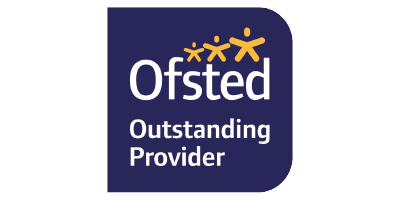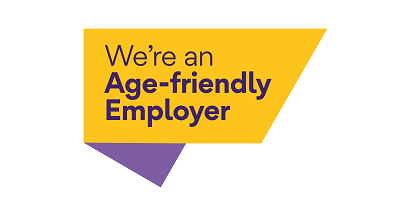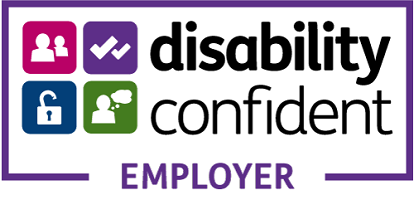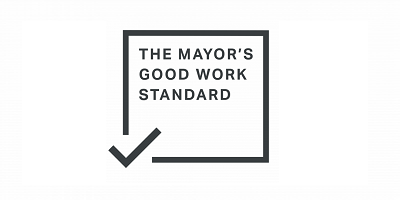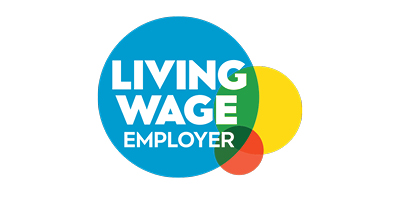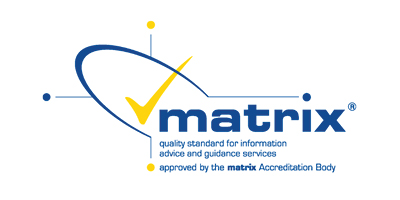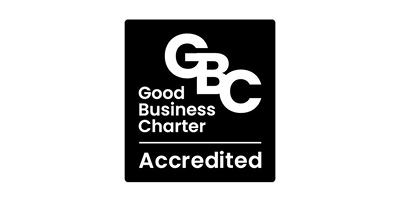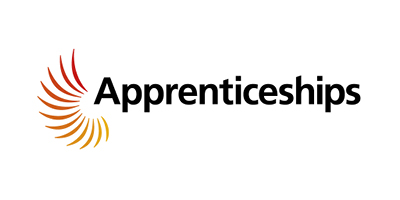This qualification is suitable for post-16 students looking to develop both knowledge and practical skills in the Education and Early Years sector.
You will spend 80% of the course in your learning environment, gaining the skills that employers need. The other 20% is a meaningful industry placement, where you put your learnt skills into action. The industry placement is used to assess students' Early Years Educator competencies.
-
About the Course
You will study:
- The Education and Early Years sector from ages 0 to 19
- Child development
- How to support children and young people's education
- Safeguarding, health and safety and wellbeing
- Understanding and managing behaviour
- Observing and assessing children and young people
- Equality and diversity
- Special educational needs and disability
- English as an additional language
- Working with parents,carers and wider families
- Working with agencies and services that support children, families and carers
- Reflective practice and other forms of professional development.Core Skills:
- Communicate information clearly to engage children and young people, for example to stimulate discussion and to secure understanding
- Work with others to plan and provide activities to meet children and young people's needs
- Use formative and summative assessment to monitor children and students' progress to plan and shape educational opportunities
- How to assess and manage risks to your own and others' safety when planning activities.
In the second year of the course, you will complete the following occupational specialism: Early Years Educator -
Entry Requirements
At least 5 GCSE 9-4 including Maths and English. If you do not meet the entry criteria and would like to study this course, you will be enrolled onto T Level Foundation - Education and Early Years
-
Progression
After completing the T-Level qualification you can progress into employment, higher education or apprenticeship.
-
Assessment Method
Core Component Year 1: Two Written examinations externally assessed by NCFE
- Paper A written examination- covering 50% of the core knowledge and core understanding- Wider context, supporting education, Safeguarding, health and safety and wellbeing, Behaviour, Parents, families and carers, Working with others
- Paper B written examination- Child development, Observation and assessment, Reflective practice, Equality and diversity, Special educational needs and disability, English as an additional language.Both papers are 2 hours long and consist of Multiple-choice questions, short-answers and extended writing. 2 hours.
Occupational specialism component (Year 2) Synoptic assignments :3 task-based assignments including observations.
In order to achieve a grade for the core component, students must have results for both sub-components (the core (written) examination and the employer set project). The combined results from these sub-components will be aggregated to form the overall core component grade (A*–E and U). If students fail to reach the minimum standard across all sub-components, they will receive a U grade. No overall grade will be issued for the core component until both sub-components have been attempted. The student is also required to successfully achieve a distinction/merit/pass grade in the occupational specialism component.



